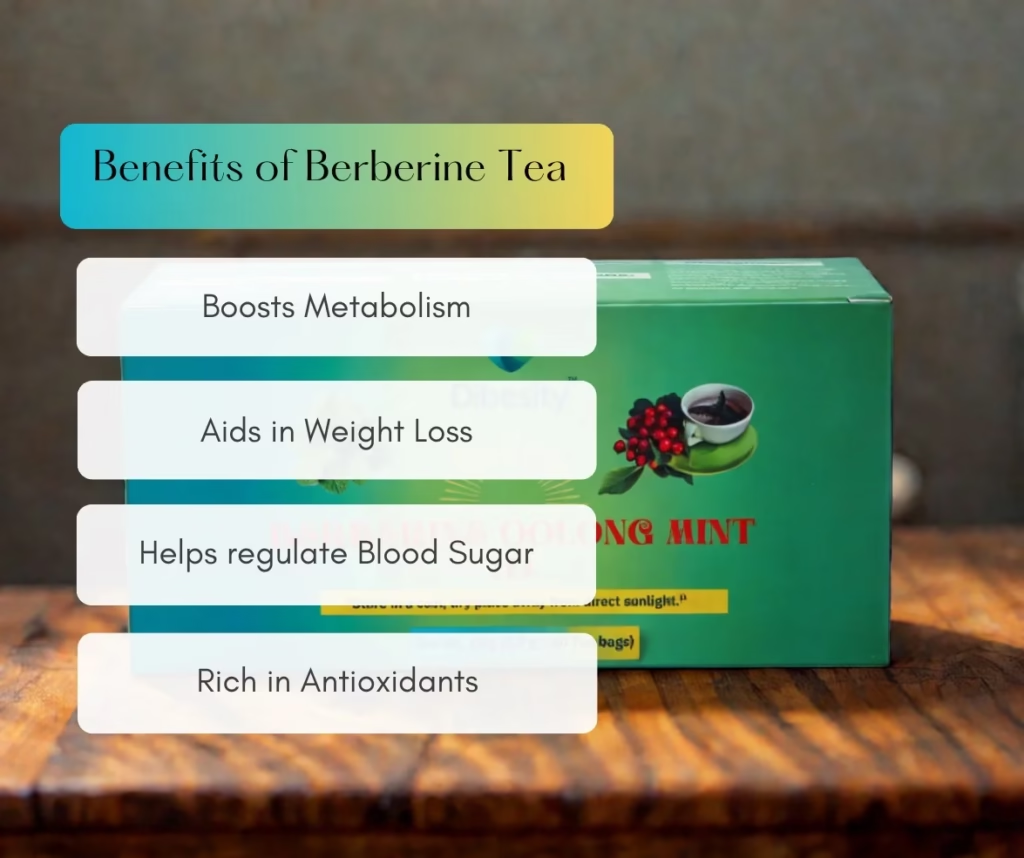Chili and GDM Risk | Study Highlights:
- A new study has discovered that consuming chilli, even if just a little, can be linked to much lesser chances of developing gestational diabetes during pregnancy.
- The authors highlighted that ‘moderate’ chilli intake is what actually showed this potential benefit, and eating too much chilli might not have the same effect.
- Researchers think that capsaicin, the stuff that makes chili peppers spicy, could help with blood sugar control.
- However, even with these promising results, scientists believe that they need to do more studies to confirm this link and figure out exactly how much chilli is helpful.
- Pregnant women should always talk to their doctors before making any big changes to their diet, including adding more chilies.
Recently, a study published in Nutrients revealed rather uncommon information according to which chilli consumption can lower the chances of gestational diabetes during pregnancy. This new knowledge has caught the attention of multiple healthcare professionals. [ref]
Gestational diabetes is a form of diabetes that occurs during pregnancy when the body is not capable of making sufficient insulin, which leads to high blood sugar levels.
It actually goes away after birth but can increase the risk of future diabetes for both mother and baby.
Moreover, a diagnosis is made if blood sugar levels are high, fasting blood glucose is higher than 92 mg/dL, 1-hour glucose ≥ 180 mg/dL, or 2-hour glucose ≥ 153 mg/dL after a glucose tolerance test.
Gestational diabetes mellitus affects nearly 14% of pregnancies worldwide, which is why this study’s findings are quite important. If there is really a good effect against GDM, then the prevalence can go down.
Especially in underdeveloped areas where diagnostic approaches are rare and expecting mothers can only do little to treat themselves.
Methodology:
The authors of this study checked data from 1397 pregnant women in the United States of America. This information was taken from the Infant Feeding Practices Study II.
They used a ‘diet history questionnaire’ to ask these women about how often and how much they ate things like dried beans, chilli, and bean soup in the month before.
More importantly, researchers recorded whether or not each woman had developed gestational diabetes mellitus (GDM)
They used multivariable logistic regression to check if eating beans or chili was linked to the risk of GDM.
This means they tested whether these foods could predict GDM while also considering other factors like age, weight, and health conditions that might affect the risk.
Findings:
Chili Consumption:
They found that women who ate chili about once a month had a significantly lower risk of GDM. Specifically, the risk of GDM was 3.5% in those who ate chili once a month, compared to 7.4% in those who never ate chili.
Bean and Bean Soup Intake:
However, they did not find a strong link between eating dried beans or bean soup and GDM risk. The numbers for the bean and bean soup consumption, showed that there was no statistical significance.
The study also showed the mean bean consumption of the pregnant women and how the consumption varied amongst different demographics.
In conclusion, they used statistical tools to see if eating chili (or beans) predicted GDM, and they found a notable link only with moderate chili consumption.

What Does This Mean for Expectant Mothers?
While this study offers an intriguing glimpse into the potential benefits of chili consumption during pregnancy, it’s crucial to approach the findings with caution. Here’s what pregnant women should consider:
- You must discuss any sort of dietary change with your healthcare provider. So, this way you can get personalised advice based on your own health needs and pregnancy progress.
- Even if chili intake proves beneficial, we should still practice moderation. Excessive spice can lead to heartburn and other digestive discomforts, which are already common during pregnancy.
- Chili peppers should be taken as part of a healthy, balanced diet, not a standalone solution for preventing GDM. A diet rich in fruits, vegetables, and whole grains remains crucial.
Previous Research on Chilli and GDM
Here are a few examples of previous research on similar topics.
While investigating the link between spice and pepper consumption, the authors of a recent study showed that spice and pepper consumption had no link with the incidence of type 2 diabetes and metabolic syndrome.
The risk of high triglycerides and high blood pressure incidence was raised in the upper quartiles of spice intake. Moreover, a higher intake of pepper lowered the chance of low HDL-C. [ref]
Another one concluded that both sweet peppers (yellow, red, and green) and hot peppers had beneficial effects on obese rats induced by a high-fat diet.
Eating these peppers, individually or as a mixture, actually reduced body weight, improved lipid profiles (by lowering total cholesterol, triglycerides, LDL, and VLDL while increasing HDL), and enhanced antioxidant status by increasing catalase and reducing malonaldehyde levels.
Additionally, blood glucose levels and liver function markers improved, which shows a protective effect of peppers against obesity-related metabolic disorders. [ref]
A study from 2016 showed that Capsaicin-containing chili supplementation is capable of improving postprandial hyperglycemia and hyperinsulinemia.
In addition, chili intake also had beneficial impacts on fasting lipid metabolic disorders in women with GDM, and it decreased the incidence of low gestational age newborns [ref].
Conclusion
The link between eating chillis and reduced GDM risk is reat, no doubt. However, it is essential to remember that this is an area of ongoing research.
Expectant mothers should prioritize a healthy lifestyle, including a balanced diet and regular exercise, and always consult with their healthcare providers for personalized advice.
As more studies emerge, we’ll gain a clearer understanding of the role chili peppers might play in prenatal health.










